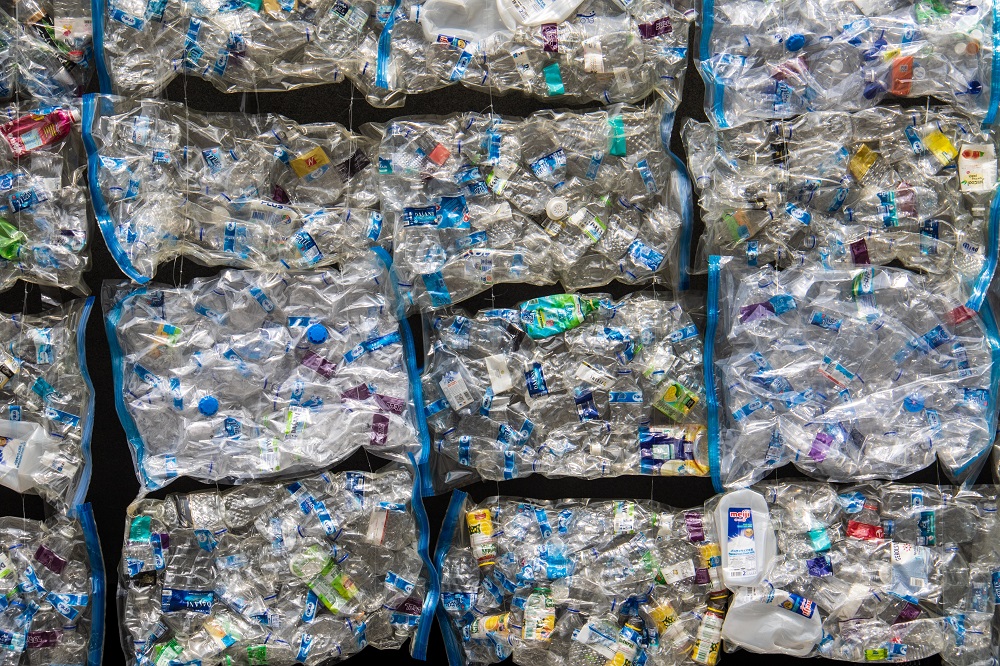Biotechnology can provide solutions to the plastic pollution that is destroying our seas and streams—and opera can help too.
Biotech solutions include plant-based bioplastics and bioengineered microorganisms that consume plastic more quickly. The most recent edition of the I am BIO podcast describes different approaches to the growing problem of plastic pollution.
“Replacing fossil-based, non-biodegradable plastic with plant-based options is one part of the solution,” says podcast host and producer Theresa Brady.
There are plastics that can be broken down naturally, such as the polyhydroxyalkanoate (PHA) biopolymer from Danimer Scientific. According to Scott Tuten, Chief Marketing Officer at Danimer, microbes eat the material, helping it to disintegrate quickly.
Another option is bioplastics created from renewable resources, like the sort produced by Virent, which combines corn, sugar beets, and sugar cane to create an alternative to plastic that is produced with lower emissions and carbon intensity than traditional, petroleum-based plastic, according to Virent VP Andrew Held. Virent was an essential part of Coca-Cola‘s recently announced run of 900 plastic bottles made entirely of plant-based ingredients.
“We’re excited to be a part of Coca-Cola’s effort to develop sustainable, future-facing packaging solutions,” says Dave Kettner, president and general counsel of Virent. “This collaboration represents a milestone in the development of petroleum-free plastics and builds on our track record of producing demonstration-scale biobased chemical feedstocks for fabric, fiber, and packaging applications.”
Bacteria can also “eat” traditional plastic, and it does so naturally, but only in rare cases and only very slowly. Washington University scientists are seeking to help the process by genetically modifying bacteria to break down plastics much more quickly into useful materials, Dr. Tae Seok Moon tells the podcast. He explains that his lab is also looking into finding ways to make the genetically modified bacteria “self-destruct” when the plastic is gone.
Ben Lear, another podcast guest, composed “Lillian,” a folk opera about the Great Pacific Garbage Patch, a collection of drifting ocean waste. Lear explains that he believes that art may draw attention to the issue and educate the public about the need to address the problem of plastic pollution.




